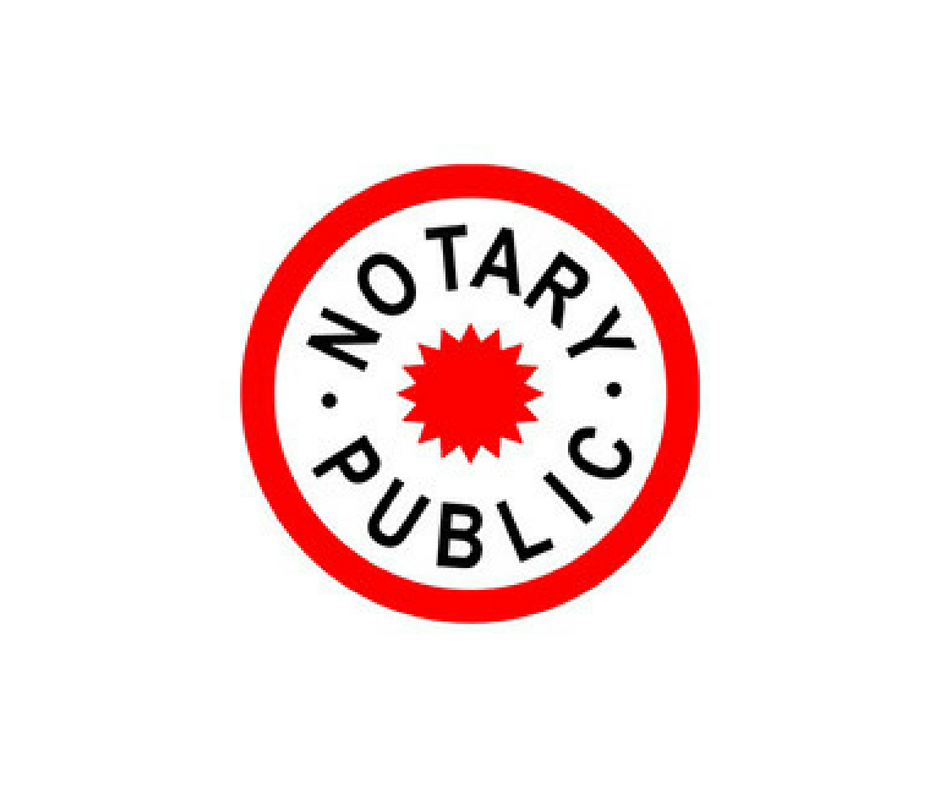What is notarisation?

The process of notarisation consists of three parts – vetting, certifying and record-keeping. Notarisations are also sometimes referred to as “notarial acts.”. Notarisation is the official fraud-deterrent process that assures a document is authentic, can be trusted and that its signature is genuine. It also confirms that its signer acted without duress or intimidation and intended the document’s terms to be in full force and effect.
Notarisation is required to enable a specific document to be accepted abroad by courts, registries or other notaries. They will only recognise a document once a notary public has signed it.
The form of notarial certification will vary according to the document and the country in which it is used. Generally, the notary public is certifying the genuineness of the signature on the document, the identity and capacity of the person signing, and, if applicable, their authority to represent the company or entity they are signing on behalf of. In addition, it may also be necessary for the notary public to certify that the document has been correctly executed in accordance with South African law.
This requires an understanding of the formalities of executing deeds and documents. A notary public can also certify true copies of original documents and the truth and accuracy of translations. In all cases, a notarised document bears the notary’s signature and official seal of office.


